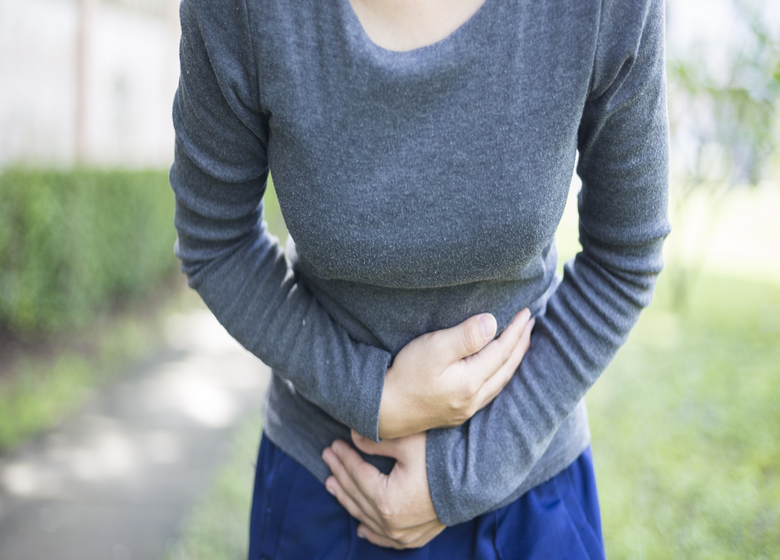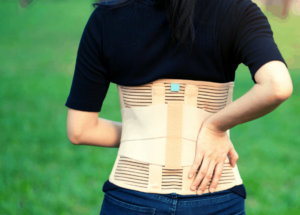A good cycle of menstruation is a noticeable indication of the reproductive health of a woman. The menstrual cycle, however, is brought to a stop by the body for a few months after delivery for fresh mothers-to-be. Postpartum bleeding takes place for a few days immediately after getting the child and then stops. Quite often, between postpartum bleeding and the first periodic period, there is a significant gap.
The menstrual cycle follows a very unpredictable cycle. Once the first postpartum period happens and can come for months earlier or later than normal. This is a major cause of concern for females and they hurry to seek advice from their physicians. The excellent news is that it is completely normal to have irregular periods after pregnancy and is due to different hormonal modifications in the body. The body settles down to the usual routine with time. But the time frame differs from individual to individual for this process.
Are irregular periods normal after childbirth
First and foremost, it is essential to realize that some hormones in the body are drastically altered by childbirth. Hence, hormones that guarantee a regular period between menstrual cycles take a backseat. It is quite normal for females to experience changes in their frequency and monthly flow, post-delivery period. Many variables come to decide when precisely the body returns to its ordinary menstrual routine.
Reasons Behind Irregular Periods After Pregnancy
Since the moment of conception, the body of a woman has undergone many modifications alongside the evolving hormone concentrations. The result of these changes is an altered menstrual cycle. Additional external variables also play a part in making your periods irregular after delivery.
1. Breastfeeding:
Moms who breastfeed their kids tend to ovulate after delivery much later. The ovulation process is also suppressed by the hormone responsible for causing milk secretion from the mammary glands (prolactin). Therefore, the hormone stays active in circulation as long as a mom breastfeeds her child and avoids the ovulation cycle. Only good ovulation will culminate in menstruation, so your periods will resume later than normal.
2. Altered levels of hormones:
The body of an expecting mother begins to alter the hormone concentrations in anticipation of pregnancy. These hormones prepare her for childbearing, birth, and breastfeeding. Unfortunately, the hormone concentrations do not spring back to normal right after delivery. Factors such as diet, exercise, breastfeeding, sex, and weight decide the speed at which it returns to ordinary rates. The menstrual cycle becomes erratic and unpredictable for a few months in the bargain until the hormones settle down.
3. Weight:
Women tend to gain weight during pregnancy and remain on the greater side for a few months after delivery. On the contrary, owing to the absence of adequate diet and sleep, some females lose weight drastically. In both cases, the weight directly impacts the body’s hormone levels. The mother’s weight is an important parameter in choosing the time frame within which she switches back to having a standard menstrual routine.
4. Pre-pregnancy condition
You may experience irregular periods after pregnancy if you have suffered from circumstances such as endometriosis, PCOS (Polycystic Ovarian Syndrome), hypo-or hyperthyroidism, or any other condition that causes or results from hormone fluctuation. This is particularly true if you have already confronted problems with your menstrual cycle regularity before pregnancy.
Diagnosis Of Irregular Periods After Pregnancy
It can be tricky to diagnose irregular periods, as many women tend to confuse the postpartum bleeding with the first period after delivery. The first period happens after a typical postpartum bleeding gap of a few months. It is quite prevalent to have an uneven cycle after the first period, and this can last about four to five months. In order to assess the exact cause of this irregularity, an unsettled menstrual cycle beyond this period should be used with your doctor.
Tips For Irregular Periods
New mothers can embrace a few things to solve the issue of irregular periods after pregnancy and get their menstrual cycle back to normal as soon as possible.
1. Exercise:
There is no doubt that starting an exercise routine with a fresh child at home is a daunting task. However, it is very essential to push yourself to practice frequently to restore the body to its pre-pregnancy form. Exercising enables the body to restore hormonal equilibrium a good deal. It also helps to keep your weight, which is an important factor in determining your periods.
2. Healthy Diet
Having a good and nutritious diet after delivery is essential to the restoration and replenishment of the nutrients lost during pregnancy and birth. The much-needed micronutrients for repair and recovery of the body supply fruits, vegetables, whole grains, and nuts. By offering the right atmosphere to correct hormonal imbalances, they indirectly improve the settling process after childbirth.
3. Taking Vitamins
Some vitamins, such as vitamin D and vitamins B, may impede menstrual cycling so be tested and guarantee that you eat heavy supplements or food if you’re in fact inadequate. You can get your vitamin D full by letting your body soak the sun’s morning rays, or by including dairy products in your diet. Eat vegetables, meat, nuts, whole grains, and green, leafy vegetables for your daily dose of vitamins B. Making sure your body is healthy and has sufficient vitamins can help regularize menstrual periods.
For a new mom, irregular periods after pregnancy can be very frustrating, particularly as they come with a high level of unpredictability. It can be comforting, especially for first-time mothers, to understand the distinct biological reasons behind this very natural and common phenomenon.
Also Read:
10 Possible Reasons For Your Missed Period













